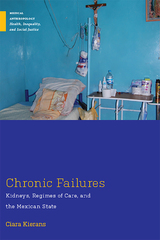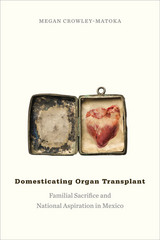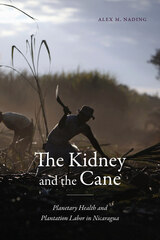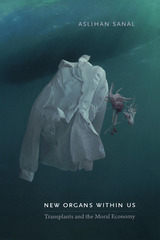

"It is my hope," writes the author in his preface, "that the material collected in this monograph will provide a new perspective in some areas for those students, biologists, and physicians interested in the kidney but too involved with their special trees to notice some of the changes occurring in the forest in which they toil."
In the first up-to-date compendium to correlate the changes in kidney structure and function from the onset of organogenesis to the end of childhood growth, Dr. Wallace McCrory presents a new aspect of developmental pediatrics, skillfully explains the clinical enigmas surrounding the immature kidney, and suggests possible research areas for productive exploration. Clearly documented with tables and illustrations, the study synthesizes relevant new knowledge from the fields of embryology, biochemistry, and renal and growth physiology as a means of stimulating reappraisals of the current concepts of the pathophysiology of many childhood renal diseases. Included are reproductions of reconstructed micro dissections of the early stages in the developing human kidney taken from Dr. Jean Oliver's monograph Nephrons and Kidneys.



READERS
Browse our collection.
PUBLISHERS
See BiblioVault's publisher services.
STUDENT SERVICES
Files for college accessibility offices.
UChicago Accessibility Resources
home | accessibility | search | about | contact us
BiblioVault ® 2001 - 2025
The University of Chicago Press









